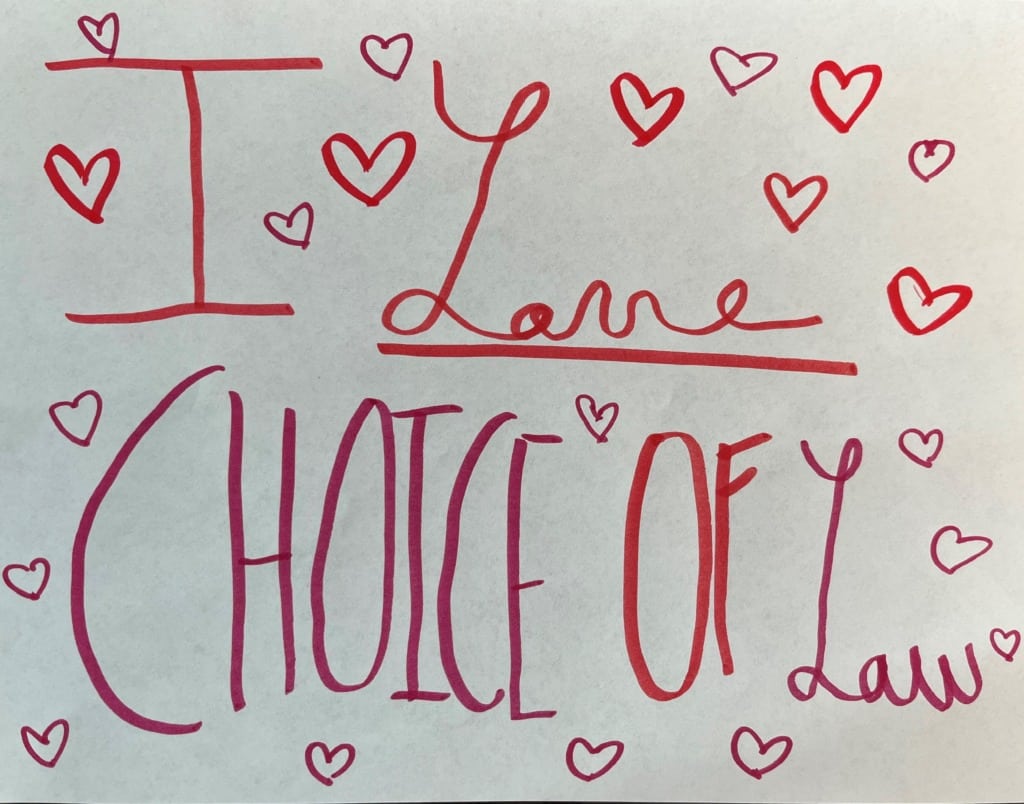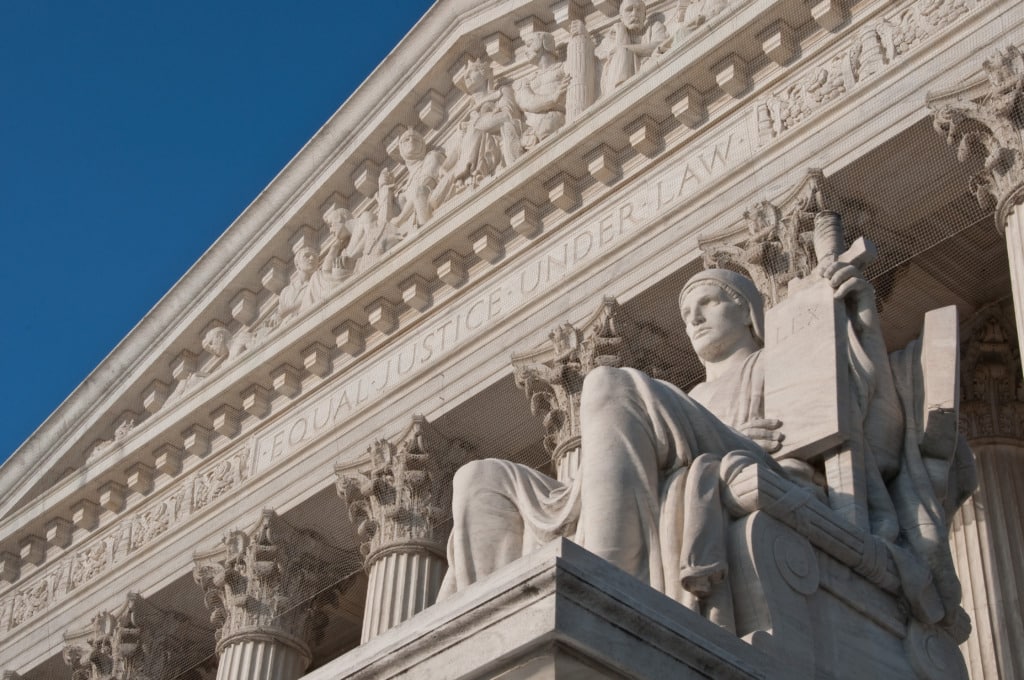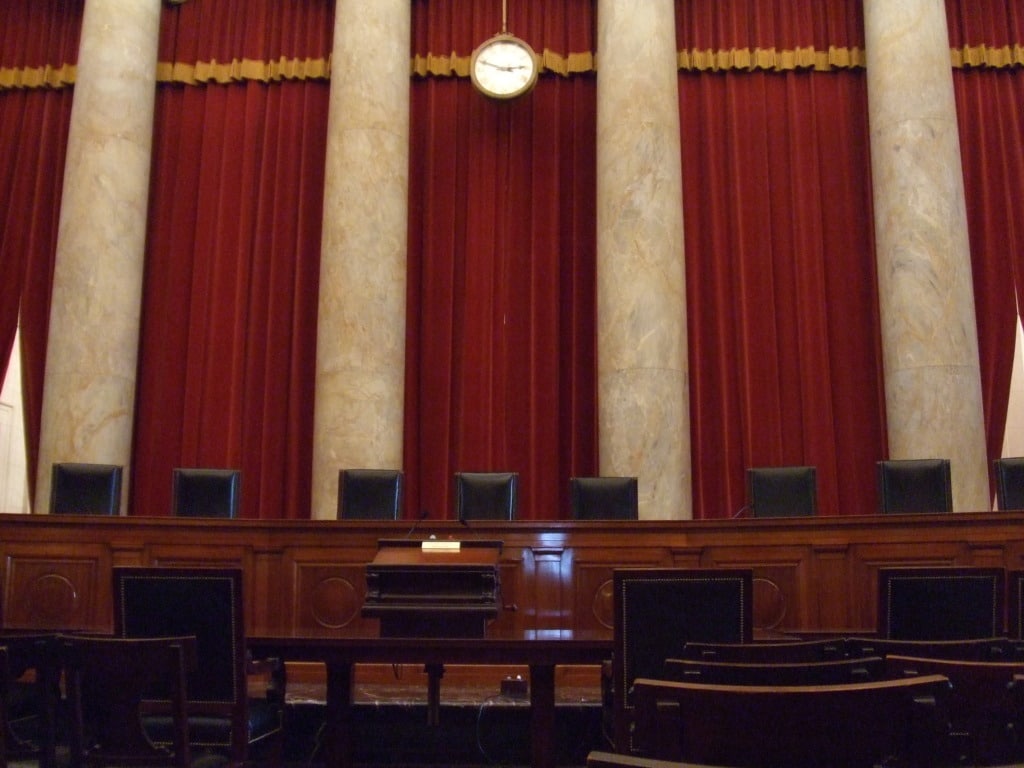Officials Who Kidnapped Hotel Rwanda Hero Are Not Immune from Suit
In 1994, Paul Rusesabagina was the manager of a hotel in Kigali, Rwanda. During the genocide, he sheltered 1,268 Hutu and Tutsi refugees, all of whom survived. His courage inspired the film “Hotel Rwanda,” and in 2005 President Bush awarded him the Presidential Medal of Freedom. Rusesabagina became a human rights advocate and vocal critic…
Continue ReadingCert Petition Highlights Circuit Split on Sovereign Immunity for Military Purchases
The Foreign Sovereign Immunities Act (FSIA) immunizes foreign states from suit in federal and state court. But it makes an exception for actions based on a foreign state’s commercial activities. The Supreme Court’s leading decision interpreting this exception is Republic of Argentina v. Weltover (1992), where the Court unanimously held “that when a foreign government…
Continue ReadingThrowback Thursday: Forty Years of the Bancec Test
The Supreme Court’s 1983 decision in First National City Bank v. Banco Para El Comercio Exterior de Cuba was saddled with a cumbersome mouthful of a title, one confusingly similar to a 1972 opinion in another important case, First National City Bank v. Banco Nacional de Cuba. Fortunately, the 1983 decision was quickly dubbed Bancec, an…
Continue ReadingChoice of Law in the American Courts in 2022
The thirty-sixth annual survey on choice of law in the American courts is now available on SSRN. The survey covers significant cases decided in 2022 on choice of law, party autonomy, extraterritoriality, international human rights, foreign sovereign immunity, foreign official immunity, the act of state doctrine, adjudicative jurisdiction, and the recognition and enforcement of foreign…
Continue ReadingOne More Thought on Halkbank
The recent Supreme Court argument in Türkiye Halk Bankasi A.S. (Halkbank) v. United States has captivated the transnational litigation community. Experts have weighed in in many forms, including on this blog. In this post, I want to add one more thought that I have not seen raised in this context. Even if the Court decides…
Continue ReadingCourt Holds that Chinese Investor May Try to Enforce Arbitral Award Against Nigeria
Over the past two decades, China has invested heavily in Africa. A recent study found that between 2001 and 2018, China invested $41 billion in African countries and loaned an additional $126 billion. Some of these investments generated disputes, and some of those disputes are finding their way to U.S. courts. In a recent decision,…
Continue ReadingCentral Bank Immunity, Afghanistan, and Judgments Against the Taliban
International law and U.S. foreign policy provide powerful reasons to require clearer direction from the political branches before ordering the turnover of Afghan central bank assets to U.S. judgment creditors. [This post also appears on Lawfare]. Afghan central bank assets in the United States were frozen by President Biden following the Taliban’s takeover of the…
Continue ReadingThe Media Coverage of Turkiye Halk Bankasi, in Review
Last week, the Supreme Court heard oral arguments in Turkiye Halk Bankasi A.S. v. United States, a criminal case originating in the Second Circuit. The defendant, Turkiye Halk Bankasi A.S. (“Halkbank”), is a foreign state-owned commercial bank, headquartered in Istanbul, and a subsidiary of the Turkish government’s sovereign wealth fund. Charged with laundering over $1…
Continue ReadingIs Buying Fighter Jets a Commercial Activity?
The Foreign Sovereign Immunities Act (FSIA) allows actions against foreign states to be brought in U.S. courts based on their commercial activities. In Republic of Argentina v. Weltover (1992), the Supreme Court held “that when a foreign government acts, not as regulator of a market, but in the manner of a private player within it,…
Continue ReadingExpert Recap and Analysis of Halkbank Oral Argument at the Supreme Court
Editor’s Note: This article also appears in Just Security. On January 17, the Supreme Court heard oral argument in Türkiye Halk Bankasi A.S. (Halkbank) v. United States. The case asks whether Halkbank, which is majority-owned by the Turkish Wealth Fund (TWF), enjoys immunity from criminal prosecution in U.S. courts. Last spring, I previewed the unresolved…
Continue Reading







